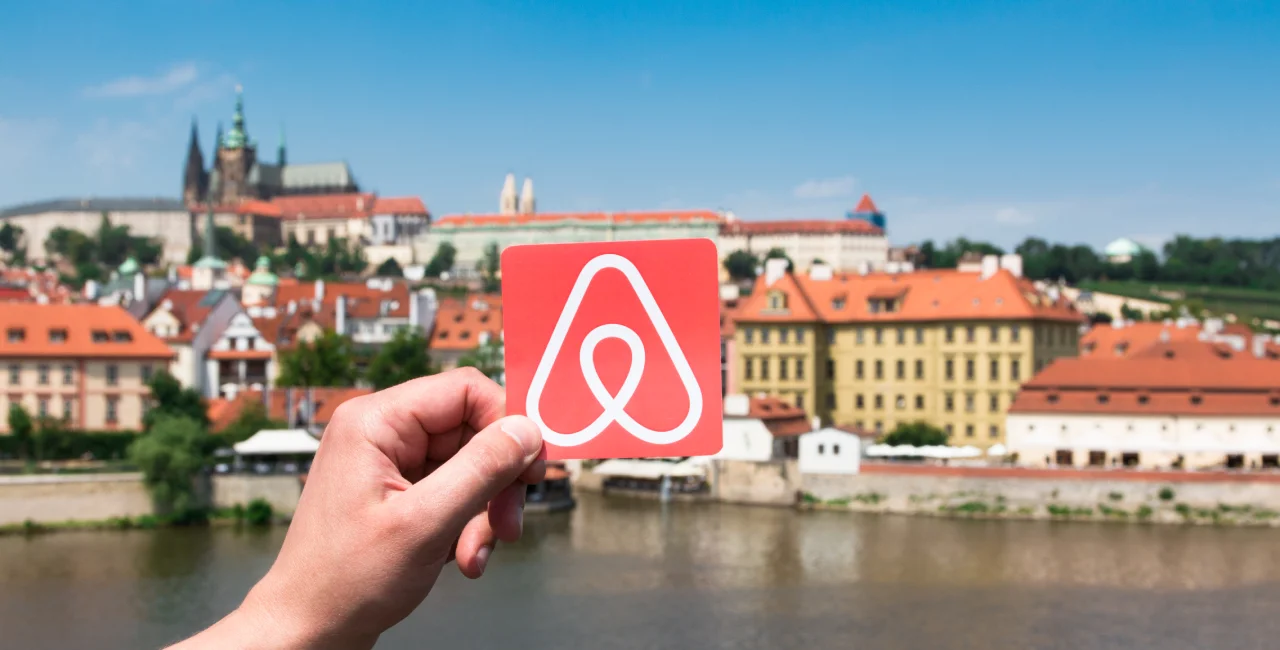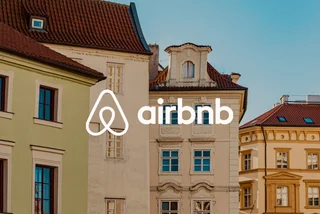A new survey conducted by STEM/MARK has revealed that over half of Prague’s residents are in favor of imposing restrictions on short-term rental platforms like Airbnb. Their primary concerns are related to noise disruption and rising rent costs linked to short-term rentals.
The survey, which surveyed a representative sample of the Czech adult population, highlights growing concerns among locals about the impact of these rentals on their neighborhoods and the housing market. Outside of Prague, residents of other Czech locales were not nearly as negative towards short-term rental services.
PARTNER ARTICLE
Mixed views on short-term rentals
Almost 50 percent of Czechs have experience with short-term rentals, with the usage of platforms such as Booking.com and Airbnb more common among younger individuals and those with higher education.
Younger people between the ages of 18-44 are more likely to rent apartments for both domestic and international travel, while older individuals and those with less education tend to book directly with property owners.
Despite the widespread use of short-term rentals, attitudes towards them remain mixed. About 25 percent of Czechs feel that the negative impacts of short-term rentals outweigh the benefits, while 20 percent view them positively. A third of those surveyed consider the effects of short-term rentals to be balanced, while another quarter are unsure.
Larger concerns in Prague
For Prague residents, however, the negative effects of short-term rentals are felt much more acutely, with noise and disorder topping the list of complaints. According to the survey, those who have had personal negative experiences with short-term rentals often cite issues such as loud guests, cleanliness problems, and decreased housing availability.
The rise in rent prices and the difficulty in securing affordable housing are also key concerns, as short-term rentals often take housing units off the long-term rental market. A substantial number of Prague residents believe that limiting short-term rentals could alleviate these pressures.
Support for restrictions in the Czech capital
The survey found that over 50 percent of Prague residents are in favor of restrictions on short-term rentals, a sentiment that stands in stark contrast to the rest of the country, where only 27 percent support such measures.
This difference can be attributed to the higher frequency of negative personal experiences reported by Prague residents, with 30 percent citing issues with short-term rentals, compared to just nine percent of the national population.
Personal negative experiences with short-term rentals were most commonly linked to noise, disorder, and the inconvenience of having strangers living in the building. For many Prague residents, it is these issues that fuel their desire for stronger regulations.
Residents who support restrictions often recommend limiting the number of rental days per year or capping the number of tenants allowed per square meter. These measures are seen as ways to reduce noise and overcrowding, which have been significant sources of irritation for those living near short-term rental properties.
Residents of Prague aren't the only ones voicing concern about the negative impacts of Airbnb. The Czech government recently approved a new regulation that would allow municipalities to determine the maximum number of days and square meters per person for short-term rentals in apartment buildings.
If the new regulation is signed into law, the Czech capital could introduce stricter measures on Airbnb and other short-term rental services as soon as 2025.












 Reading time: 2 minutes
Reading time: 2 minutes 




























